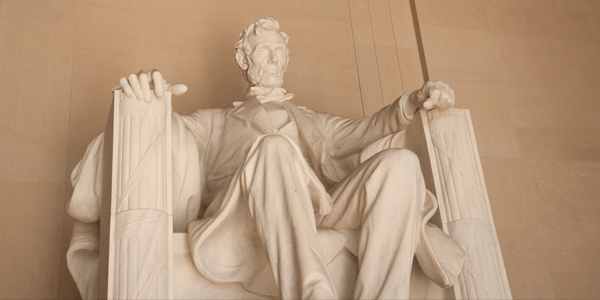Gift Planning
Planned Giving
Find out what types of assets make the best planned gifts. Learn about gifts of cash, securities and property.
Bob and Mary Are Giving Smarter and Achieving Their Dreams...Find Out How You Can Too!

Bob and Mary first met at Two-Bit Flicks, a 25-cent movie night held on Fridays in Brighton Lecture Hall. When the spring formal hosted by the women's dorm came around, Mary asked Bob to go with her. It was their first "official" date.
The rest, as the saying goes, is history. Or in Bob and Mary's case, it is natural history. That's because Emporia State also introduced them to a lifelong passion for the natural sciences.
Bob and Mary feel Emporia State was the catalyst for the life they've built together. Mary became a science educator for 6th, 7th, 8th and 9th grade students. Bob founded and served as director of the Great Plains Nature Center and became a renowned nature photographer.
Now they want others to have the same opportunity they did. They want to help students come to ESU and discover a passion they can follow for the rest of their lives.
Bob and Mary found a simple and easy way to achieve this dream. When they set up their trust, they named Emporia State as a beneficiary.
What's your dream?
Learn how easy it is to make your dream a reality by naming Emporia State University in your will or trust. Contact Angela Fullen, Director of Planned Giving at the Emporia State University Foundation. She can answer your questions or help you get started. If you have already named Emporia State in your will or trust, let us know. We will make sure your gift does everything you want it to do.
"I would encourage anyone, if they are thinking about doing something like this, to contact the Foundation. For us, it has been a great experience." - Mary Butel
Getting Started is Easy
Not sure how to take the first step? We've got just the thing you need. Download your free Will and Estate Planning Guide. This guide is an easy way to get started on, or update, your estate plan. It will help you explore your options at your own pace. It's free, easy and yours to keep.
Download your copy today or contact Angela Fullen to request a printed copy.

Angela Fullen
Director of Planned Giving
Telephone: 620-341-6465
[email protected]
Washington News

Payment Options for Late Tax Filers
In IR-2024-116, the Internal Revenue Service (IRS) outlined ways that late tax filers could comply with filing and payment rules.
While over 139 million taxpayer returns were filed this year, there are some individuals who may have neglected to file because they were not able to pay their full tax bill. The IRS encourages these taxpayers to file and start making as many payments as possible. Taxpayers who file and start to make payments can reduce their late-filing penalties and interest.
The IRS explains that there are five main options for making tax payments.
- Direct Pay - Taxpayers may make payments directly from a checking or savings account. There is no cost for this service, and the payments may be scheduled up to 365 days after the amount is initially due. Taxpayers will receive an email confirmation for these payments.
- Electronic Federal Tax Payment System (EFTPS) - Individuals or businesses making large payments may use the EFTPS. This allows up to five payments per day. Taxpayers may enroll and schedule payments up to 365 days in advance.
- Electronic Funds Payment - A third option is to use an online tax software. The tax software will handle the electronic payments. If you are using a professional tax preparer, this tax preparer may establish your electronic funds withdrawal.
- Payment Processor - There are businesses that will handle your credit card, debit card or digital wallet payments. There is a service fee charge that is an additional amount to the taxes owed.
- IRS Online Account - The IRS encourages taxpayers to create an IRS Online Account. You may make payments using the online account. The account enables you to understand how much you owe, your payment history and potential payment plan details.
If you are paying a previous year's tax liability, you may want to include IRS Form 1040-V, Payment Voucher. You should be careful to mail the payments to the correct address. If you are paying by cash through a participating retail store, there is a $500 limit per payment, and a processing fee.
Some taxpayers are not able to pay in full and establish a payment plan. On IRS.gov, the Online Payment Agreement (OPA) tool can be used to set up a payment plan. Another option is an "Offer in Compromise," though which the IRS accepts an amount less than the original tax. You may use the Offer in Compromise Pre-Qualifier tool on IRS.gov to determine eligibility. Finally, there are circumstances in which taxpayers are in a difficult financial condition and the IRS grants them a delay in the tax collection.
Published April 26, 2024
Previous Articles
No IRS Victory Lap on Direct File
Social Media Scams and Ghost Tax Preparers


